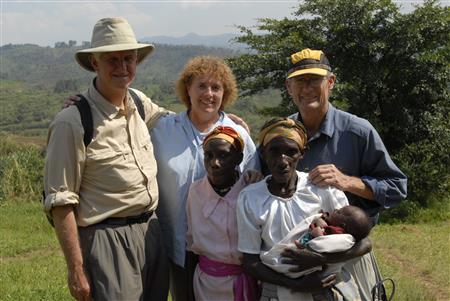
Developing a meaningful global grant
Jerry Hall - Rotary Club of Reno
Learning objective or purpose – How to...
- find a worthwhile international project that will emphasize service to others,
- turn a good idea into a global grant,
- find happiness in meeting challenges with creative solutions, and
- spread the happiness and joy of Rotary service.
My Experience working with Rotarians and medical professionals on the other side of the world:
While attending a district conference breakout session I was amazed to see what a fellow Rotarian had experienced on an overseas project. I asked questions after the session and vowed to do something similar and signed up for a trip to Uganda to work on a small rural hospital project. Once I made the connection with others in Uganda, I began to see the opportunities to work further with my new friends. Here is how it started.
- I worked with the hospital team to create a strategic plan to help them grow the hospital.
- I returned home and started a newsletter for the hospital and asked a fellow Rotarian in my club to print the newsletter. Soon the newsletter was on its way to 250 donors and as the list grew, we were soon up to nearly 800 addresses for hard copy or email. I chose to help because the diversity in Rotary brings all of us together with our diverse knowledge and skills, and I recognized a task I could do with the help of a colleague in Rotary.
- I was asked to participate via telephone in monthly meetings for the development of a nursing school adjacent to the hospital. That is when the bolt of lightning struck; “...there is the potential for a global grant here.” A $250,000 global grant followed!
The key to getting the grant approved was the upfront work to tap into a knowledge base that existed within The Rotary Foundation, learning more about the culture of those I would be working with and paying a lot of attention to detail in assembling the grant application. One needs to be patient when working with another culture because technical use of language can vary. It also became clear that it is best if the international club (here in the US) drafts the grant based on information gathered from the host club (those you are trying to help). Equipment and furnishings were purchased, a vocational training team traveled to Uganda, an Excellence in Nursing Education Symposium was conducted and two nurses with a bachelor degree in nursing were awarded Masters in Nursing Science (MSN) scholarships – all of this while working with the nursing educators and Rotary team members in Uganda. The first class of 36 students graduated in 2017 and the school now has 400+ students. The three-year program is preparing graduates to literally change the face of public health in Uganda. Because of the school’s growth, we are now implementing another grant of $220,000 to support the expansion, training faculty and will give two additional MSN scholarships.
How do you start?
There are ways to identify potential projects and the above story suggests one way – get involved and look for the opportunities. There are other ways to find likely projects and here are a few examples:
- Project Fairs are often sponsored by Rotary clubs interested in finding international partners. Fairs have been conducted in Africa, Central and South America.
- Visit the Matching Grants website at www.matchinggrants.org. This website, designed by a fellow Rotarian, includes a massive list of projects in which other districts are looking for partners.
- Visit the Rotary International Convention House of Friendship. Rotary clubs, districts, fellowships, and Rotarian Action Groups have displays and booths at the Rotary International Convention and provide a great opportunity to connect directly with Rotarians with worthwhile projects.
- Visit the Rotary International website and search for Rotary fellowships or Rotarian Action Groups that are listed. You will find Rotary contacts and descriptions of projects that may appeal to your club.
- District Assembly can be a source of projects just by listening to what others are doing in international service. Talking with other Rotarians can lead to collaboration and project opportunities.
Mentoring
Rotary is a service organization, and we serve those that need help and that includes fellow Rotarians. If you are interested in starting an international project, give one of our District International Service Committee team members a call or connect via email. We can help with ideas to locate a project and can give guidance on how to build support in your club for projects large or small.
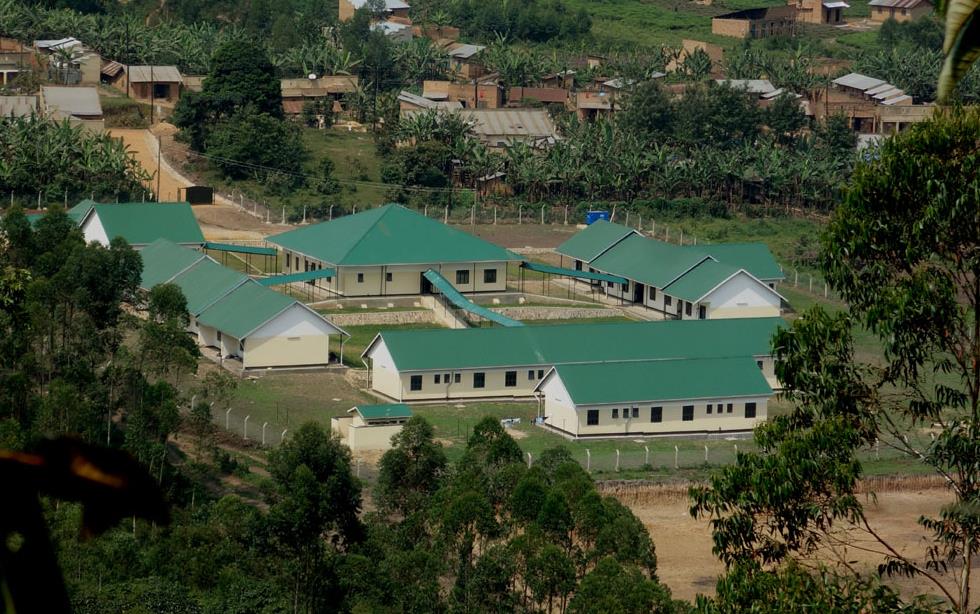 | 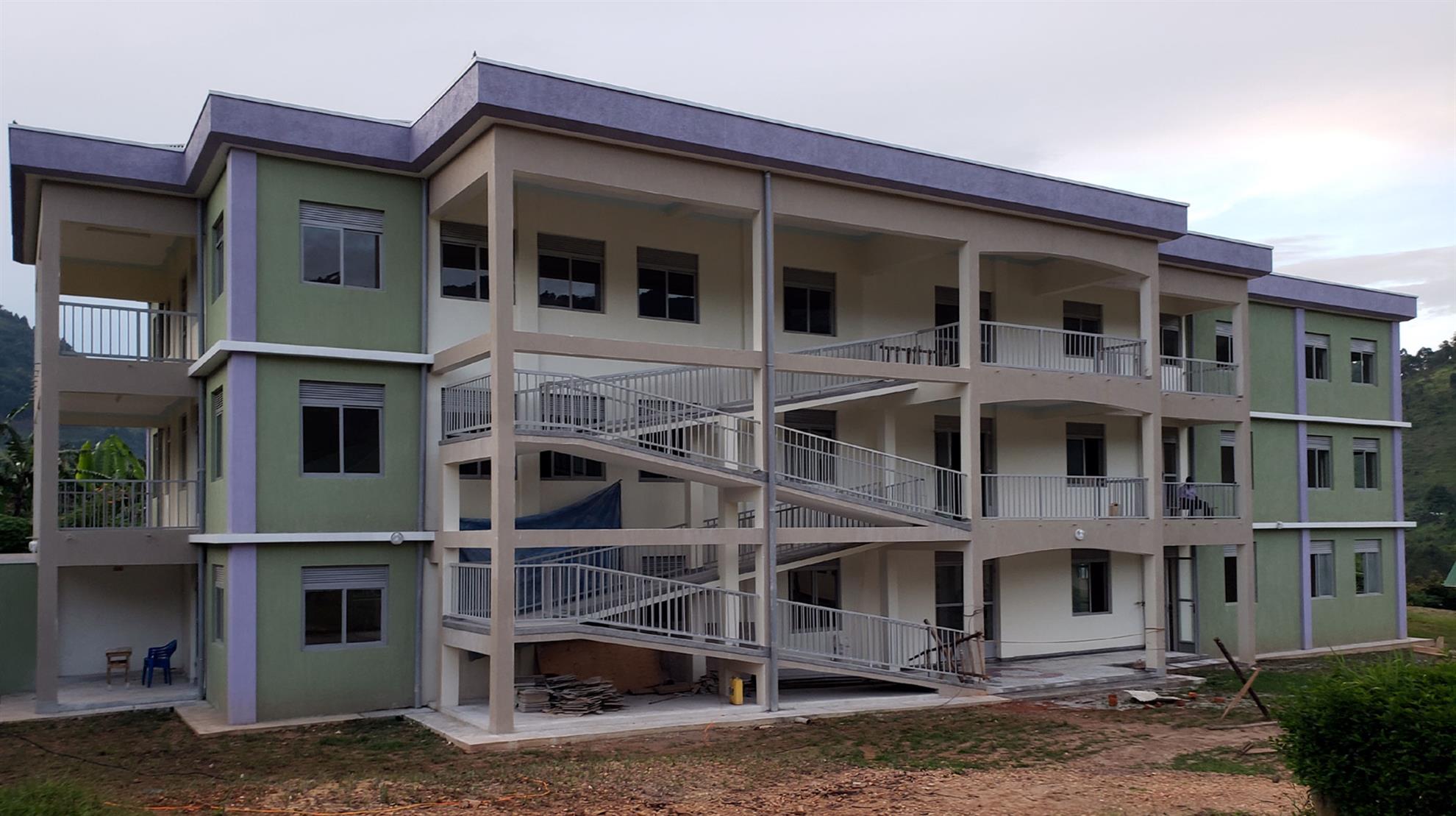 |
Uganda Nursing School Bwindi | The new Skills Lab building |
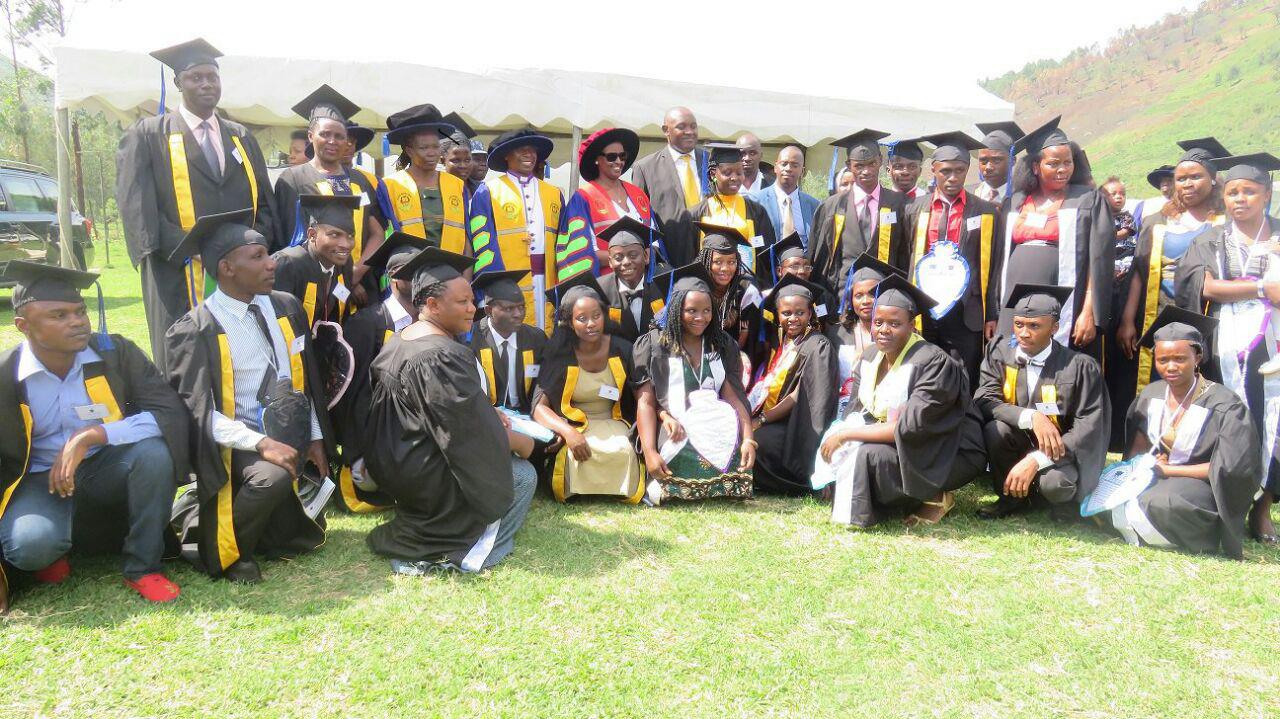 | 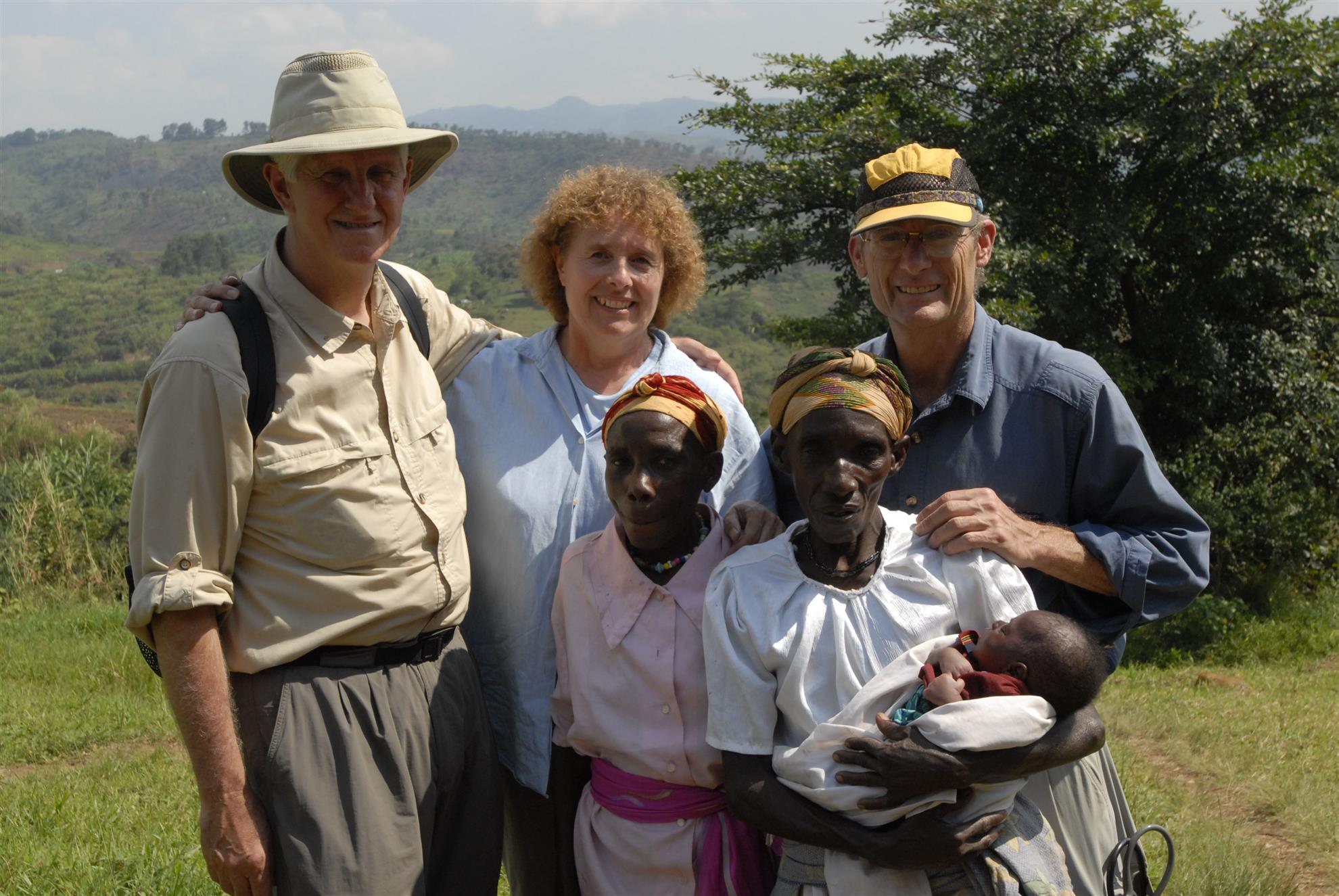 |
The first class of 36 new nurses graduation day 2017 | Jerry & Tasha Hall, Scott Kellermann: Rotarians with new Batwa friends |